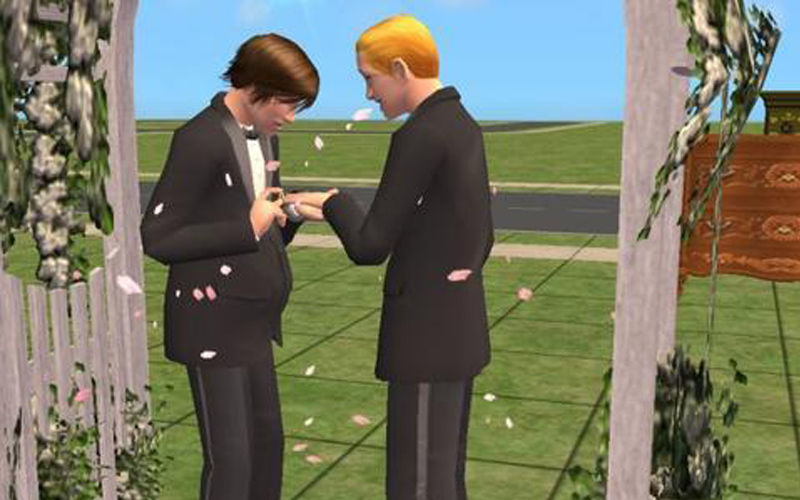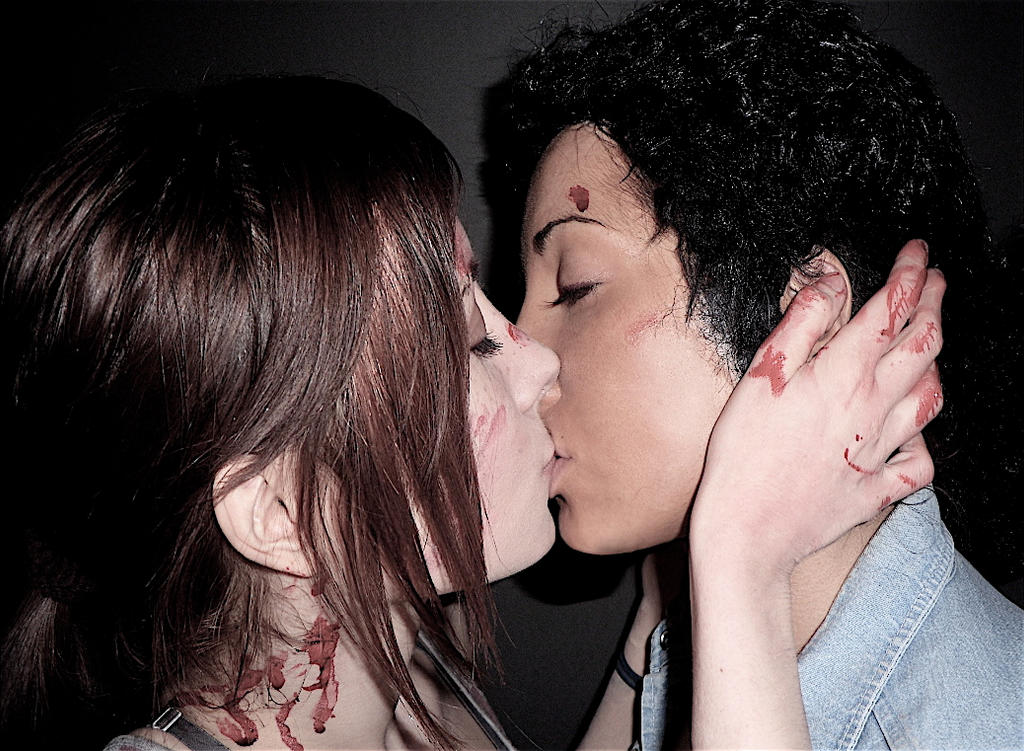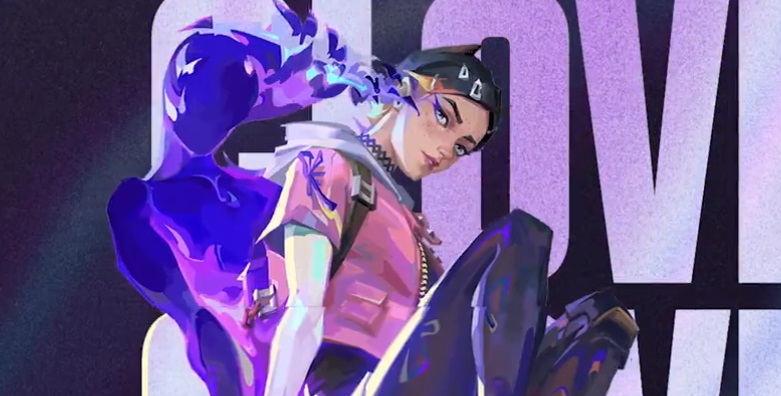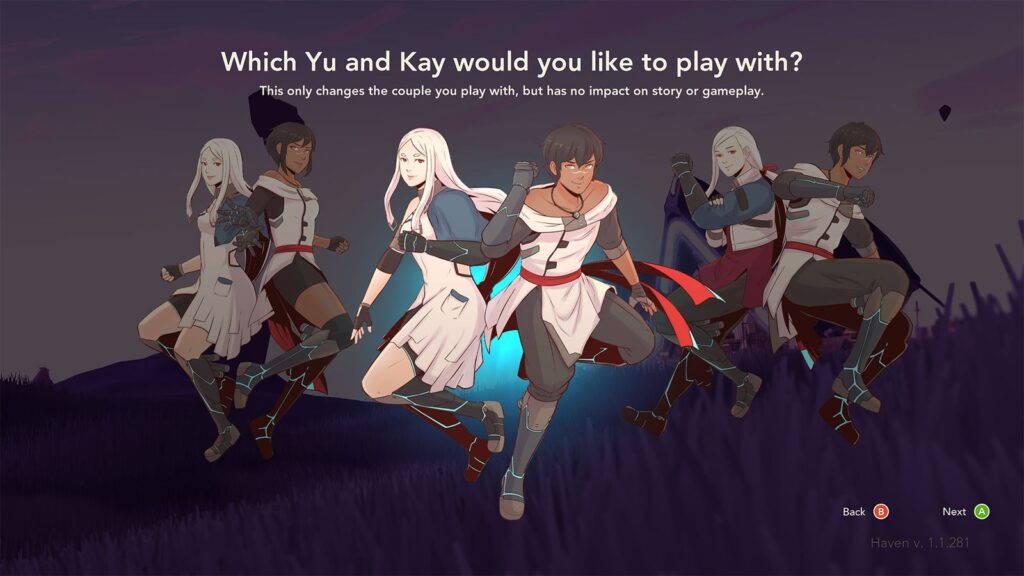The LGBTQIA+ Community in Video Games
In 2024, GLAAD’s landmark gaming report revealed that 17% of active PC and console gamers identify as LGBTQ—a 70% jump from 2020. Yet an analysis of major digital storefronts shows that fewer than 2% of video games feature any LGBTQ characters or storylines. This glaring mismatch not only sidelines a sizable audience but also undermines an industry that thrives on diverse perspectives and emotional engagement.
Just a heads up before I begin: Some of these links may be affiliate links. As an Amazon Associate, I earn from qualifying purchases. These commissions come at no cost to you, but help support the blog as a whole.
Why Queer Representation Matters in Games
When players see themselves onscreen, they feel seen. Research shows that queer gamers are 1.4 times more likely to buy or play a game if it allows them to inhabit a character matching their own gender identity or orientation. Conversely, harmful or tokenistic portrayals drive away nearly 70% of LGBTQ players and alienate almost half of non-LGBTQ players when stereotypes go unchecked. Inclusive games:
– Showcase a variety of life experiences
– Foster empathy and understanding among all players
– Yield stronger engagement, reviews, and word-of-mouth buzz
– Demonstrate clear financial upside by opening titles to broader audiences
With one in five gamers longing for more prominent queer narratives, the call for authentic representation has never been louder.
The Sims: A Sandbox of Queer Possibility

Since its 2000 debut, The Sims has quietly championed inclusivity by letting players forge same-sex relationships without restriction. As Kotaku chronicles, early design debates at Maxis led to the unintentional liberation of queer romance in the first game demo—complete with an impromptu lesbian kiss at E3 1999.
Across The Sims sequels, support for LGBTQ+ players expanded:
– The Sims 2 introduced “joined unions,” mirroring marriage rights for any couple, regardless of gender, reflecting real-world civil partnerships of the era.
– The Sims 3 fully legalized same-sex marriage and even biological parenthood for all pairings.
– The Sims 4 deepened inclusion in 2016 by adding gender-customization tools—body shapes, clothing preferences, and voice options—paving the way for transgender and nonbinary Sims. Pronouns and relationship boundaries joined the build in 2022, cementing the franchise as a safe haven for self-expression.
By welcoming players to “write their own stories” without barriers, The Sims offers a living laboratory where queer joy, love, and identity can be celebrated in all their diversity.
Sims was one of my favorites to play growing up. If you want to experience the joy of such a sandbox game, you can find it here.
“In Memory of You”: Ellie’s Story in The Last of Us

Naughty Dog’s The Last of Us Part II made headlines in 2020 for one of the most groundbreaking lesbian narratives in a blockbuster AAA title. Ellie’s romance with Dina unfolds organically within a post-apocalyptic thriller, illustrating that queer love is at home in any genre.
Key milestones in Ellie’s representation:
– Left Behind DLC (2014) revealed Ellie’s first kiss with Riley, marking a watershed moment for queer storytelling in mainstream gaming.
– Part II weaves Ellie’s sexuality into the core narrative, delivering tenderness alongside visceral action.
– HBO’s 2023 adaptation retained these intimate beats, earning praise for its faithful and sensitive portrayal.
By integrating Ellie’s queerness as one facet of her complex character—rather than a token subplot—The Last of Us illuminates how authentic LGBTQ+ narratives can elevate emotional stakes in today’s most ambitious games.
You can find Part I of The Last of Us here.
Clove in Valorant: Rainbow Smoke on the Front Lines

(Used under fair use for commentary)
Riot Games’ Valorant—a top-tier esports shooter—recently debuted Clove, its first officially nonbinary agent, shaking up the tactical roster with both gameplay innovation and representation. Clove’s kit bends death and rebirth, reflecting their identity through mechanics: even after elimination, they can respawn and obscure sight lines with butterfly-patterned smokes.
Why Clove matters:
– They use they/them pronouns consistently across voice lines and lore, normalizing nonbinary identities in a global FPS.
– Clove’s butterfly motif—long a symbol of transformation—echoes trans and nonbinary experiences of self-reinvention.
– Early tournament play, including Valorant’s Champions Tour, showcased competitive viability alongside a bold statement of inclusivity.
By making gender fluidity integral to character design and storytelling, Valorant demonstrates that even fast-paced shooters can—and should—reflect the full spectrum of their player base.
You can even get a Clove keycap for your Valorant game.
You can download Valorant for yourself at: https://playvalorant.com/en-us/ (non-affiliated)
Haven: A Love Story Beyond Boundaries

(Used under fair use for commentary)
Indie darling Haven by The Game Bakers centers on two lovers, Kay and Yu, stranded on an alien world. Players guide their fledgling romance through exploration, survival, and turn-based combat—originally as a heterosexual pair. In 2022, a free Couples Update introduced same-gender options: two women or two men, each with 80,000 new lines of dialogue and reworked models.
This update underscores key industry truths:
– LGBTQ+ inclusion is not a cosmetic afterthought but a core creative choice.
– Authentic representation requires equal effort—from rewritten scripts to new voice work.
– Diverse couples enrich narrative resonance, inviting players to experience love through fresh perspectives.
Haven’s evolution shows that games can be romantic simulators as well as survival epics, and that queer love can thrive in stories of alien landscapes and heart-pounding danger.
You can find Haven on Steam here (non-affiliated)
Building a More Inclusive Gaming Future
The gaming industry stands at a crossroads: cling to outdated assumptions about who plays and what stories deserve to be told, or embrace the truth that queer gamers are everywhere—and hungry for reflection in the worlds they inhabit. Strong steps forward include:
1. Center queer protagonists in major AAA and indie projects alike.
2. Embed LGBTQ+ lives into narrative design, not just side quests.
3. Invest in transgender and nonbinary character creation, from pronouns to model design.
4. Amplify diverse voices on development teams for lived-experience insights.
5. Measure success beyond sales, valuing cultural impact and community belonging.
As GLAAD’s report proves, inclusion is good for both players and publishers—driving engagement, loyalty, and creative innovation. In a medium built on empathy and imagination, it’s time for every gamer to see themselves on every screen.
Disclaimer:
These narratives exist because real people—across identities and orientations—play and create video games. Inclusion reflects reality, not conversion.
Developers are building worlds where everyone can feel seen, not just a select few.
🗳️ Not a Political Plot
Queer representation in gaming isn’t part of a “gay agenda” or any political indoctrination.
It’s just storytelling—human, honest, and often long overdue.
💬 What This Blog Believes
Diverse perspectives fuel better stories and deeper connections.
This blog affirms that inclusion isn’t political—it’s respectful game design.
Citations
GLAAD, “1 in 5 Active Gamers are LGBTQ – 2024 GLAAD Gaming Report,” glaad.org, 2024.
Mary Whitfill Roeloffs, “New Study Shows More Gamers Than Ever Identify As LGBTQ, But Representation Lags Behind,” Forbes, Feb. 13, 2024.
Jennifer Maas, “GLAAD: Less Than 2% of Video Games Have LGBTQ Characters, 17% of Gamers Are Queer,” Variety, Feb. 13, 2024.
“17% of gamers identify as LGBTQ finds new industry report,” Metro UK, Feb. 13, 2024.
Cecilia D’Anastasio, “The Fraught History Of The Sims Introducing Same-Sex Romance,” Kotaku, 2021.
Emily Chudy, “The Sims 4 at 10: how queer fans have found ‘pure joy’ through representation,” GamesRadar+, Sept. 2, 2024.
Natalie Flores, “How The Sims has spearheaded queer representation in gaming,” PC Gamer, Sept. 12, 2019.
Louis Chilton, “The Last of Us Part II’s queer representation is groundbreaking. Is it enough?” The Independent, June 19, 2020.
EDGE United States, “Valorant Finally Enables First Non-Binary Character in Esports Circuit: Everything You Need to Know About Clove,” edgemedianetwork.com, July 2, 2024.
Ishan Adhikary, “What Is Clove’s Gender in Valorant? Answered,” Beebom, Mar. 24, 2024.
Mollie Taylor, “New Haven update lets you play as a same-gender couple,” PC Gamer, Mar. 4, 2022.